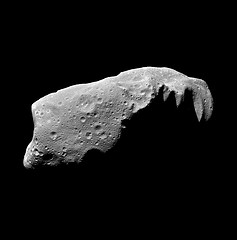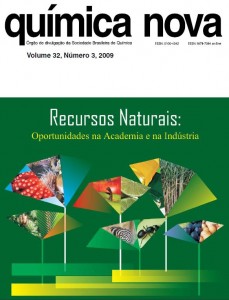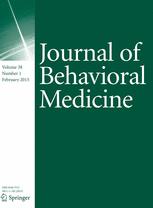 Swiss researchers have retracted an abstract in Clinical Neurophysiology because only one of them actually knew about the paper — and what he submitted had “several mistakes.”
Swiss researchers have retracted an abstract in Clinical Neurophysiology because only one of them actually knew about the paper — and what he submitted had “several mistakes.”
The abstract, about electric impulses in the brain of comatose patients, originally appeared as a poster at the June 2014 joint meeting of multiple Swiss neuroscience societies. It was submitted by first author Alexandre Simonin, who lists his affiliation as the University Hospital of Lausanne, a Swiss hospital.
The meeting proceedings ran in the October issue of Clinical Neurophysiology. Besides the issues of authorship and errors, the notice also says the abstract “potentially conflicts with another publication,” suggesting the data might have already appeared in a paper.
Here’s the notice for “P02. Predicting the outcome of post-anoxic comatose patients based on single-trial EEG analysis”: Continue reading Neuro journal pulls comatose brain abstract due to “several mistakes”







